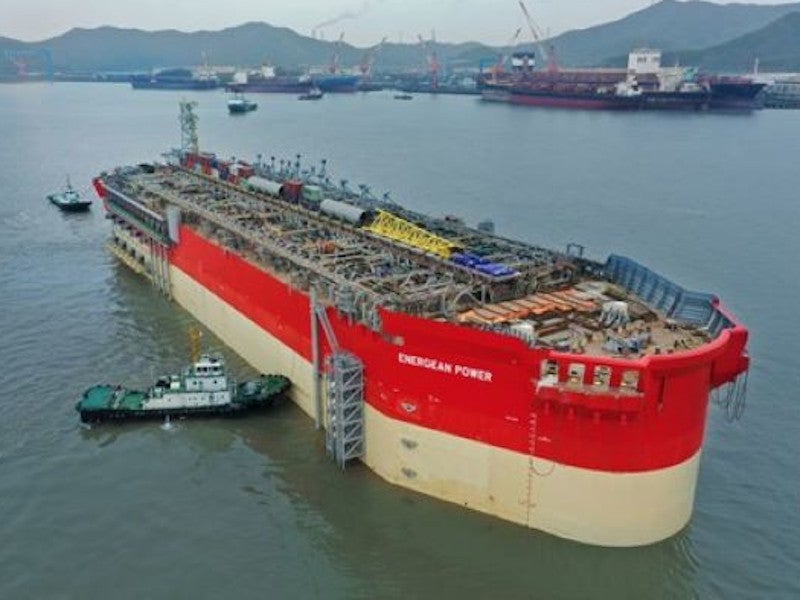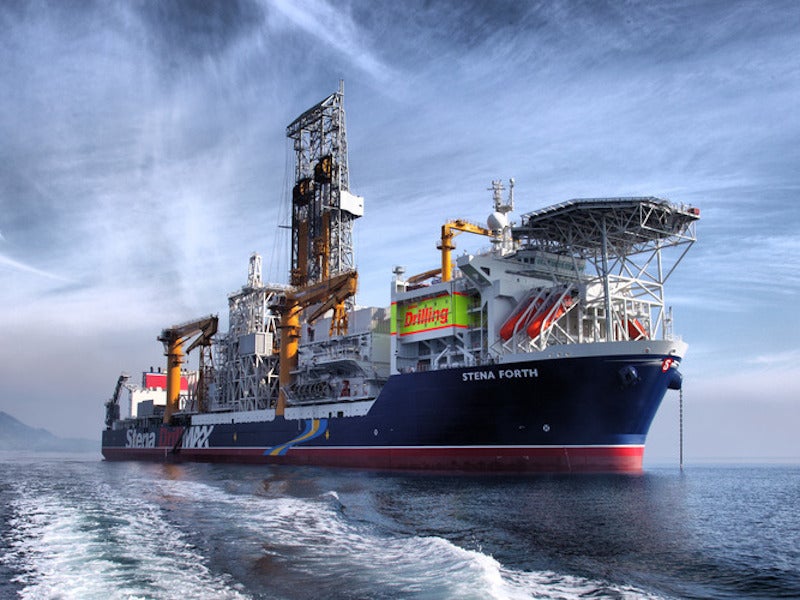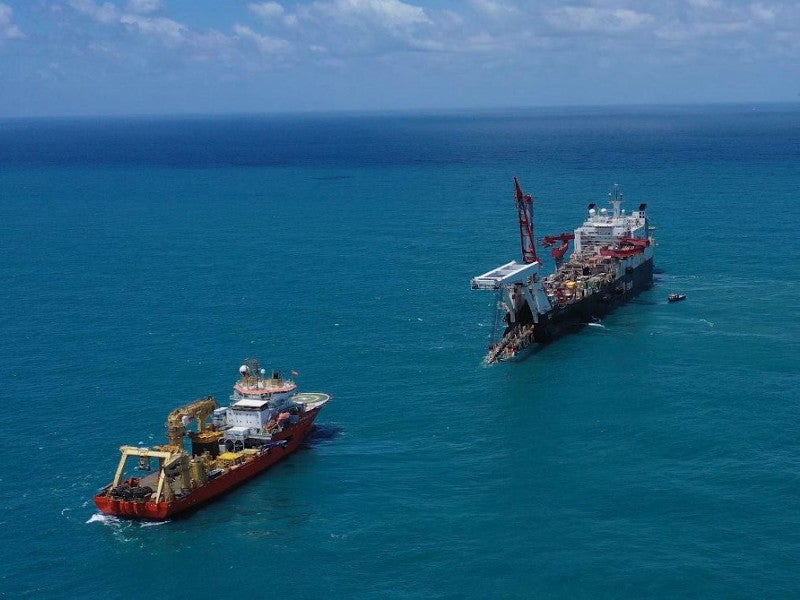The Karish gas field being developed in the Israeli part of the Mediterranean Sea is expected to produce the first gas in the second half of 2021.
Energean, an oil and gas exploration and production company based in the UK is the operator holding a 70% stake. Kerogen Capital, a private equity firm focussed on the oil and gas sector, holds the remaining 30% stake in the Karish field.
The Karish field was discovered in 2013. Energean acquired the Karish and Tanin gas fields from Delek Drilling and Avner in December 2016.
A final investment decision (FID) on the Karish and Tanin field development project was reached in March 2018. The field development plan was approved by the Israel authorities in August 2017.
The total capital expenditure on the project is estimated to be approximately £1.16bn ($1.6bn).
Location and reservoir details
The Karish field is located offshore Israel in the eastern Mediterranean Sea. The floating production, storage and offloading unit (Energean Power FPSO) for the project will be deployed approximately 90km off the coast of Israel. The water depth in the field area is approximately 1,750m.
The field’s reservoir mostly contains gas along with a small quantity of light oil. The recoverable hydrocarbon reserves in the field are estimated to be approximately 267 million barrels of oil equivalent (Mboe).
Field development details
The initial field development plan involves three development wells, a subsea production system, a new floating, production, storage and offloading (Energean Power FPSO) unit, and a gas export pipeline.
The gas processed in the FPSO will flow through a 90km-long pipeline to the Dor beach. The pipeline consists of a 24-inch diameter section and a 30-inch diameter section. The pipeline construction was completed in June 2020.
The drilling of the three development wells had been completed in 2019. The wells will be tied back to the FPSO. The suction anchors of the FPSO were installed in the Karish field in August 2020.
The project was approximately 80% physically complete as of June 2020.
The Energean Power FPSO
The Energean Power FPSO, with a design life of 35 years, will have a gas processing capacity of up to 800 million cubic feet (mcf) a day or eight billion cubic metres (bcm) a year, while the total liquids storage capacity of the FPSO will be 800,000 barrels.
The hull of FPSO, approximately 227m-long and 50m-wide, left the COSCO’s shipyard in China to Sembcorp Marine’s Admiralty Yard in Singapore for the topsides hook-up in April 2020.
The electrical house (E-house) was the first topside module installed on the FPSO in August 2020. The electrical house contains FPSO control equipment and electrical switchgear.
Project finance
A group of four banks including Morgan Stanley, Natixis, Bank Hapoalim, and Societe Generale agreed to provide a senior credit facility of approximately £924m ($1.275bn) for the Karish gas field development project in March 2018.
Contracts awarded
TechnipFMC bagged a lump sum integrated engineering, procurement, construction, and installation (iEPCI) contract worth approximately £962m ($1.36bn) for the Karish gas field development in March 2018.
The scope of the contract includes a subsea system, a floating production, storage and offloading unit (FPSO), subsea pipeline system, as well as onshore pipeline and valve station at the receiving station.
Earlier, TechnipFMC was awarded the concept and front-end engineering design (FEED) contract for the Karish and Tanin field development in February 2017.
Stena Drilling was contracted to drill three development wells in the Karish field in January 2018. Stena DrillMAX drillship was deployed for drilling the wells.
Sembcorp Marine was subcontracted by TechnipFMC for the engineering, procurement, and construction (EPC) of the hull and living quarters for the FPSO in March 2018. The scope of the contract also includes the fabrication and hook-up of the topside modules.
COSCO Shipping Heavy Industry, in Zhoushan, China, was subcontracted by Sembcorp Marine for the hull construction.
AllSeas’ pipelay vessel Solitaire was deployed for the construction of the 90.3km-long gas export pipeline in 2020, while Solstad Offshore’s construction support vessel Normand Cutter was used for the installation of production manifold and subsea isolation valve foundations and structures.





